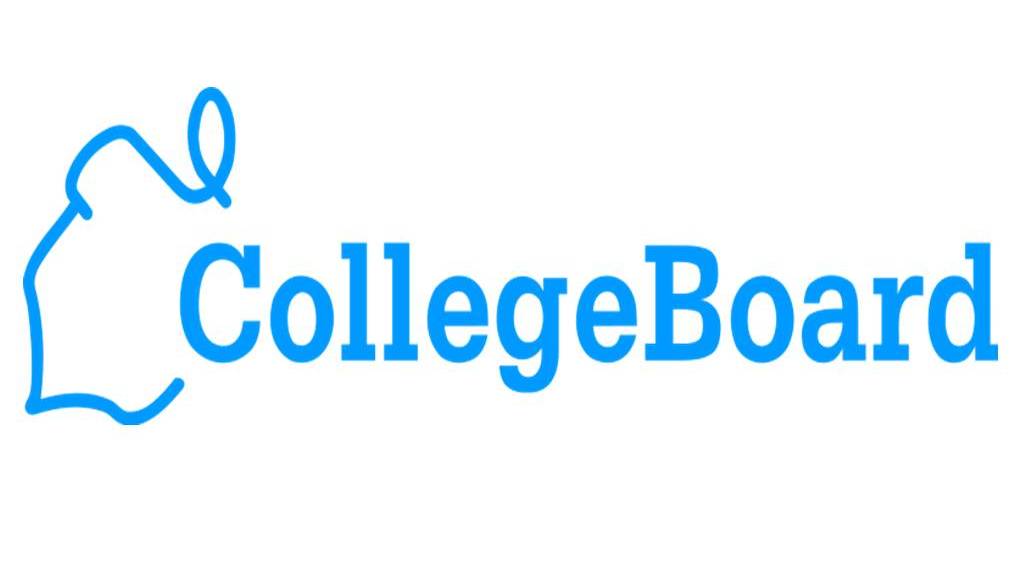Announcement:
We are pleased to share the 2017-2018 Common Application essay prompts with you. The changes you see below reflect the feedback of 108 Common App member colleges and more than 5,000 other Common App constituents, as well as consultation with our advisory committees and Board of Directors. Students represented the single largest share of constituent survey respondents (59%), followed by school counselors (23%), and teachers (11%).
We were gratified to learn that 91% of members and 90% of constituents agree or strongly agree that the current prompts are effective. In addition, the narrative comments we received helped us see areas for improvement in three of the prompts. Working in close consultation with the counselors and admission officers on our advisory committees, we revised these prompts in a way that we believe will help students see expanded opportunities for expressing themselves. Those revisions appear in italics. You will also notice two new prompts. The first asks students to share examples of their intellectual curiosity. The second is a return to inviting students to submit an essay on a topic of their choice, reframed to help students understand that they are welcome to draw inspiration from multiple sources, not just their own creativity.
The word limit on the essay will remain at 650.
The goal of these revisions is to help all applicants, regardless of background or access to counseling, see themselves and their stories within the prompts. They are designed to invite unencumbered discussions of character and community, identity, and aspiration. To this end, we will be creating new educational resources to help students both understand and approach the opportunities the essay presents for them.
2017-2018 Common Application Essay Prompts
1. Some students have a background, identity, interest, or talent that is so meaningful they believe their application would be incomplete without it. If this sounds like you, then please share your story. [No change]
2. The lessons we take from obstacles we encounter can be fundamental to later success. Recount a time when you faced a challenge, setback, or failure. How did it affect you, and what did you learn from the experience? [Revised]
3. Reflect on a time when you questioned or challenged a belief or idea. What prompted your thinking? What was the outcome? [Revised]
4. Describe a problem you’ve solved or a problem you’d like to solve. It can be an intellectual challenge, a research query, an ethical dilemma – anything that is of personal importance, no matter the scale. Explain its significance to you and what steps you took or could be taken to identify a solution. [No change]
5. Discuss an accomplishment, event, or realization that sparked a period of personal growth and a new understanding of yourself or others. [Revised]
6. Describe a topic, idea, or concept you find so engaging that it makes you lose all track of time. Why does it captivate you? What or who do you turn to when you want to learn more? [New]
7. Share an essay on any topic of your choice. It can be one you’ve already written, one that responds to a different prompt, or one of your own design. [New]

